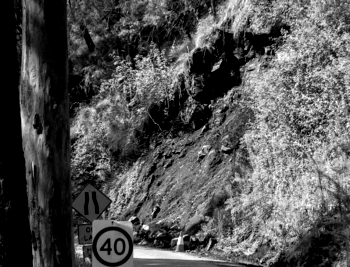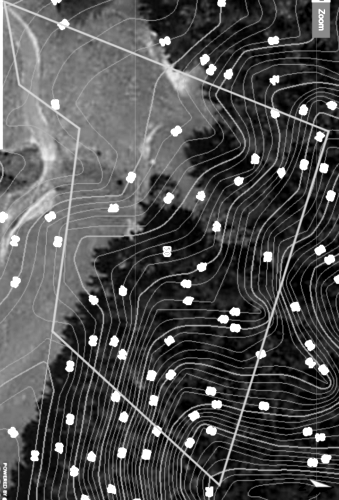Understanding Soil Test Costs in Brisbane, Gold Coast, and Ipswich: Factors and Insights
Planning any construction project involves various considerations, and one crucial aspect often overlooked is soil testing. The cost of soil testing in Brisbane, Gold Coast, and Ipswich can vary based on several factors, and understanding these factors can help you budget effectively for your project.
Factors Influencing Soil Test Costs
- Project Scope: The size and complexity of your project determine the number of tests needed. Larger projects or those with unique challenges may require more extensive testing.
- Type of Tests: Different tests provide different insights. Basic tests cover factors like pH and moisture content, while more detailed tests assess bearing capacity, soil composition, and other characteristics.
- Site Accessibility: The ease of access to your construction site affects costs. Difficult-to-reach locations might require additional equipment or effort, leading to higher expenses.
- Labor and Equipment: Skilled geotechnical engineers and specialized equipment are essential for accurate testing. The cost reflects the expertise and tools required for reliable results.
- Report Detail: The level of detail in the test report can influence costs. A comprehensive analysis with detailed recommendations might come at a higher price but provides valuable insights.
- Slope of the Site: The slope of the site can impact testing complexity. Sites with steep slopes might require additional tests to assess stability, drainage, and erosion risks, potentially adding to the overall cost.
Average Costs in Different Areas
The average cost of soil testing can vary between Brisbane, Gold Coast, and Ipswich. Here’s a general and approximate soil test costs in Brisbane, Gold Coast and Ipswich:
- Brisbane: Soil testing in Brisbane might range from $800 to $1500, depending on the project’s size, complexity, and site characteristics.
- Gold Coast: On the Gold Coast, the cost can be similar, averaging between $800 and $1500, with potential variations based on specific project requirements.
- Ipswich: In Ipswich, soil testing costs can fall within a similar range, averaging between $800 and $1500.
Remember, these are rough estimates, and actual costs can vary based on the factors mentioned earlier. It’s advisable to obtain quotes from reputable geotechnical engineering firms in your area to get a more accurate idea of the costs specific to your project.
While soil testing involves an upfront cost, the benefits it provides are well worth it. Accurate soil data helps ensure proper foundation design, reduces construction risks, enhances efficiency, and helps meet regulatory compliance. Ultimately, investing in thorough soil testing contributes to the success, safety, and longevity of your construction endeavor. It’s a small cost that yields significant returns in terms of project outcomes and overall peace of mind.



